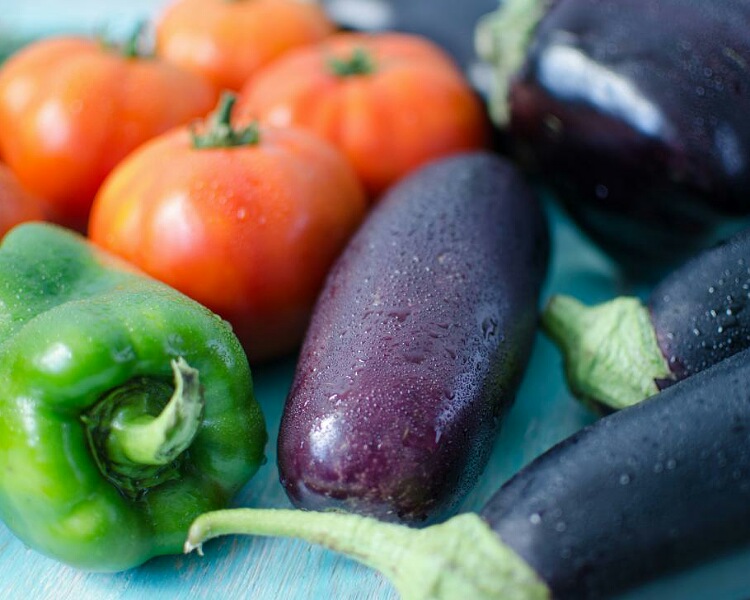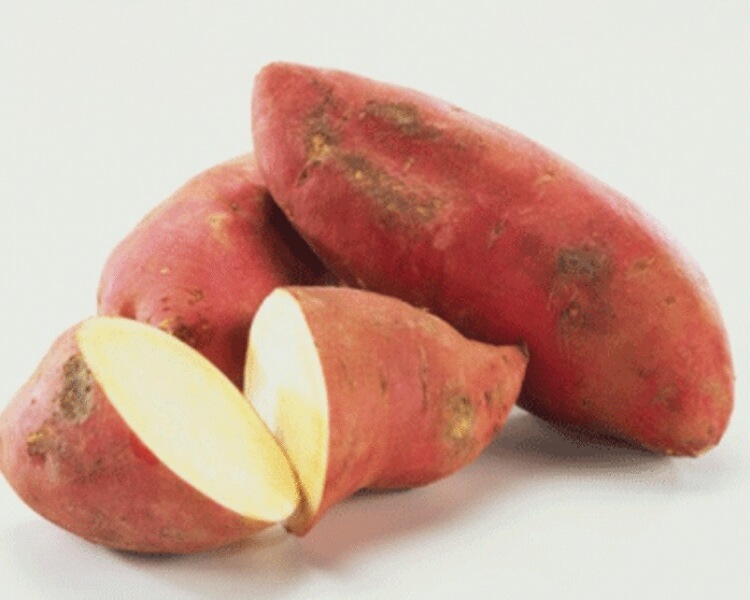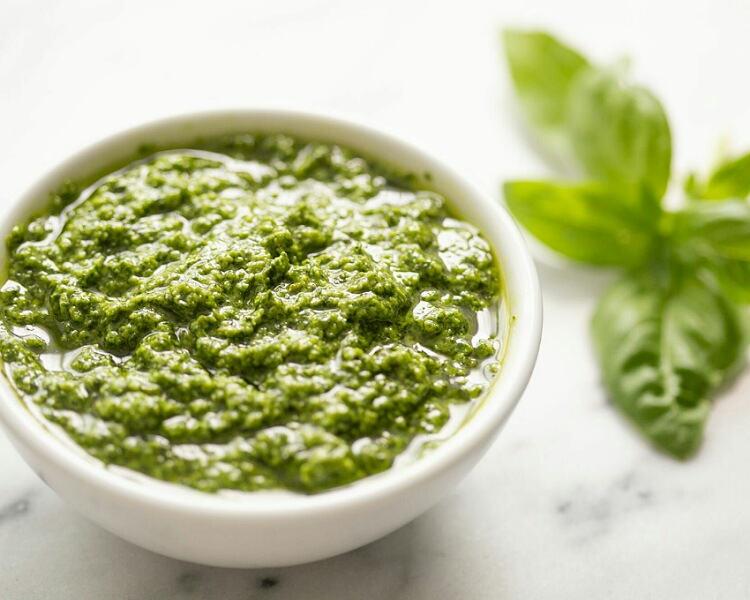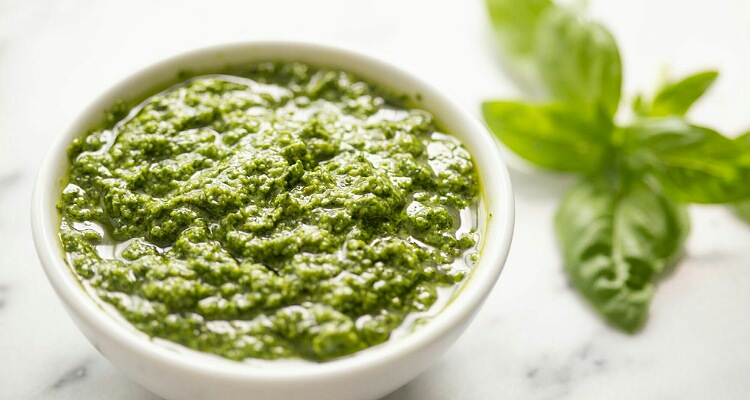Nightshade vegetables are extremely healthy and full of vital nutrients. But some state that people with autoimmune disease, inflammatory bowel disease, or arthritis should not consume it. It can adversely impact their disease and cause an exaggeration of it.
But there is no scientific backing for such elimination. But anecdotal evidence does exist. How should one confirm whether the nightshade vegetables are bad for them or not? What are the other healthy options in place of these vegetables for them?
Nightshade vegetables and their bad reputation
The vegetables that belong to the nightshade group or the Solanaceae family are called nightshade vegetables. These include around 2000 varieties but only some of these are edible.
The edible varieties are tomatoes, white potatoes, peppers, eggplants, and the like. Tobacco also belongs to this group and so does belladonna.

There is a myth that these vegetables can worsen arthritis, joint inflammation, inflammatory bowel disease, or other autoimmune diseases.
There are only some animal studies that have shown that these vegetables can cause increased intestinal permeability and inflammation in mice. But human studies are lacking.
There are some anecdotal cases wherein these vegetables did indeed worsen their joint and bowel problems. Moreover, some individuals might be sensitive or allergic to them. How does one confirm this?
Elimination method
Not all people with the above-mentioned diseases should stop the consumption of nightshade vegetables. These vegetables are highly nutritious with a lot of micronutrients that are beneficial for the health of the body and the various body organs.
Therefore before eliminating them, one should confirm whether these vegetables are indeed harming them. This can be done by the elimination and reintroduction method.

In this, the concerned vegetable should first be stopped completely from the diet for around 4 weeks. During this time, a close watch should be kept on the symptoms of the disease and their severity.
If the disease symptoms and signs show improvement in 4 weeks, it implies that they probably are the culprits. But if the symptoms do not regress or increase, it means that the vegetables are not harmful to that individual.
To double-check this, it is best to reintroduce the eliminated vegetable for 4 weeks and observe again for the return of the symptoms or its worsening.
If the symptoms return after regression or increase in severity, that implies that the person should avoid the food. If the symptoms remain less or lessen after the increase with the elimination, it means that the food is not responsible for the aggravation.
Also, read How to make Sweet Potato Soup? (Rich, Creamy and Delicious)
Other healthy options in place of the nightshade vegetables
In case the situation calls for the elimination of nightshade vegetables then what other healthy options can the person resort to?
In place of the eliminated white potatoes, the patient can take sweet potatoes. This will not cause problems and will also provide the person with nutrients including vitamin A.
If tomatoes are out then the person cannot take tomato sauce too. In its place for pizzas and pasta, he or she can use green pesto. This is a delicious alternative that has no nightshade vegetable in it.
It is made of parmesan cheese and basil with or without spinach along with pine nuts and extra virgin olive oil. Do not consume red pesto because it has tomatoes.

To derive vitamin C, one can take other foods such as citrus fruits like grapefruits, oranges, tangerines, etc. Green leafy vegetables are also great sources of minerals and vitamins and can substitute for nightshade vegetables.
In case the patient still wants to have the nightshade vegetables, then he or she can have them by minimizing their alkaloid content.
This is possible by peeling the potatoes, avoiding green tomatoes, and cooking the vegetables well before consumption.
